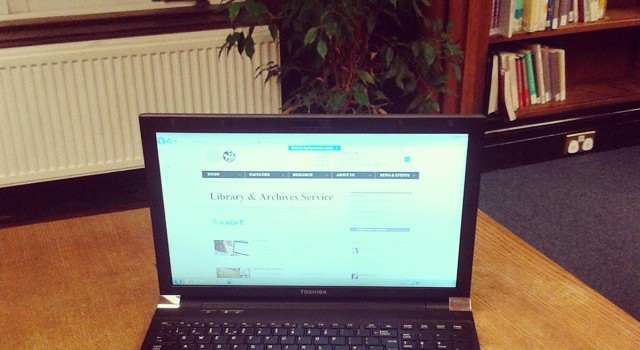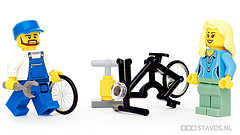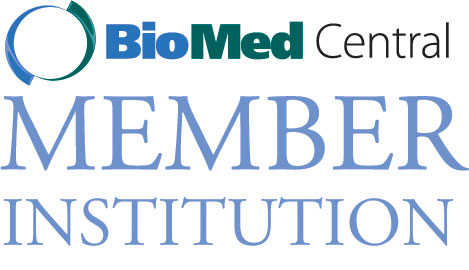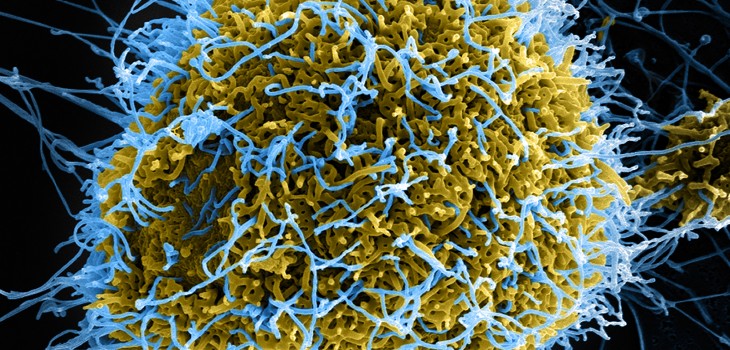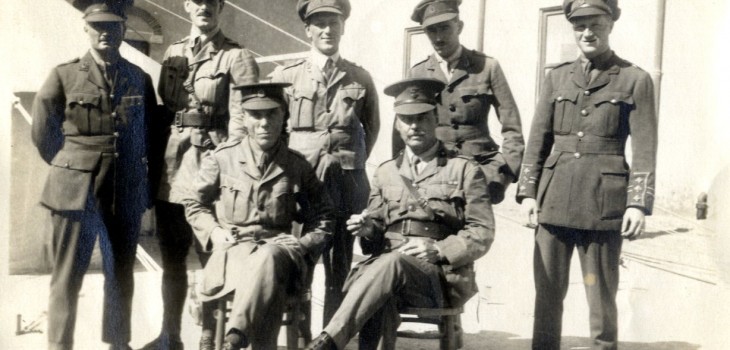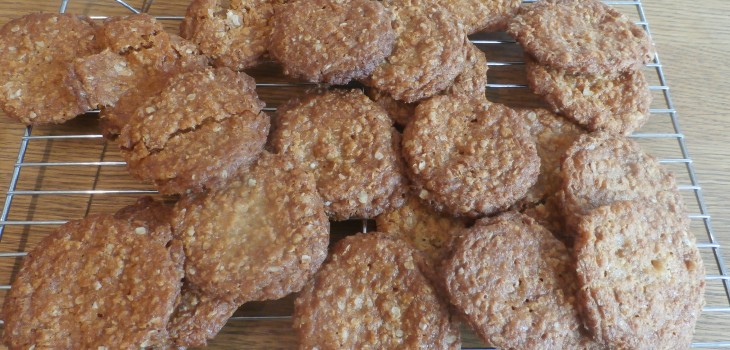All of the below are available via the Library Enquiry desk. Please contact library@lshtm.ac.uk if you have any questions.
Library Laptop Loans
Laptops are available for short-term loan to students and staff. Laptops can be loaned from the library enquiry desk and are for use in…






